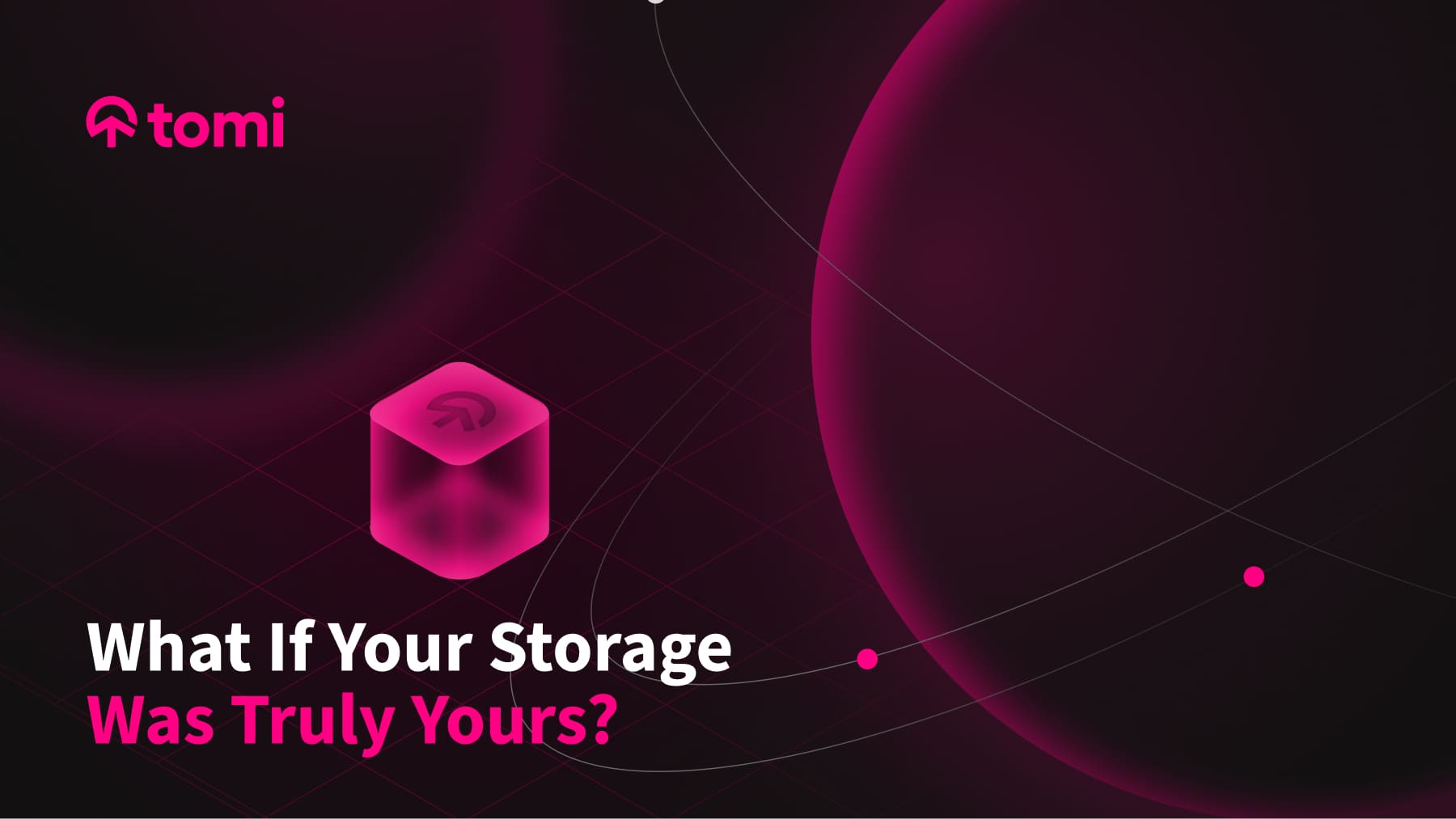
ADB Pioneers Revolutionary Blockchain Solution for Cross-Border Bond Settlement
- Rudolph Harmon
- June 23, 2023
- Blockchain, Crypto, News
- ADB, Bank, Blockchain, Cross Border, Crypto
- 0 Comments
The ADB successfully tested blockchain for cross-border bond settlements, dividing transactions into PvP and DvP parts.
Key Points
- The ADB has tested blockchain technology for cross-border bond settlements in a groundbreaking project called Project Tridecagon.
- The involvement of blockchain infrastructure providers like Fujitsu, ConsenSys, R3, and Soramitsu contributed to the positive results of the project.
- While smart contracts could enhance the system in the future, regulatory challenges across jurisdictions may affect its cost-effectiveness.
The Asian Development Bank (ADB) has made a groundbreaking announcement regarding the use of blockchain technology in cross-border bond settlements. The project, known as Project Tridecagon, was an ambitious undertaking that aimed to expand the delivery versus payment (DvP) system to international securities transactions.
The study primarily focused on the Association of Southeast Asian Nations (ASEAN) with the inclusion of China, Japan, and Korea. The ADB report revealed that the project yielded several positive results, thanks in part to the involvement of various blockchain infrastructure providers, such as Fujitsu, ConsenSys, R3, and Soramitsu. The PoC probe tested the viability of the concept and proved that it was indeed possible to use blockchain technology for cross-border bond settlements.
CONNECTING MARKET
INFRASTRUCTURES IN ASEAN+3
THE PROJECT TRIDECAGONPROOF OF CONCEPT
JUNE 2023ConsenSys R3, SORAMITSU Helvetia AG (SORAMITSU) Hyperledger #XRP #XDC #Ethereum #Quant #Hedera #Casper #Algo #XLM #Casper pic.twitter.com/Q4iGZu3SQ9
— The light shines in the darkness (@MatthewLINY) June 18, 2023
PoC Takes the Edge
In the world of securities transactions, relying on Delivery versus Payment (DvP) is a common practice. However, when it comes to cross-border transactions, integrating DvP poses several concerns. A recent Proof of Concept (PoC) project has tackled this issue by dividing the bond transaction into two parts.The first part involves a foreign exchange transaction in the form of Payment versus Payment (PvP).
The second part of the transaction involves local security settlements as a DvP, with security tokens minted by central securities depositories (CSDs). Fujitsu believes that this system could significantly reduce settlement times for international bond transactions if implemented correctly.
As per the PoC documents, “A replication of established functional processes in blockchain appears possible, but the potential resulting limitation of DLT functionality may not be cost-effective in the long term.”
Project Tridecagon’s core aspect centers around its ability to operate seamlessly across multiple distributed ledgers. The proof of concept (PoC) for this project involves the trio of Corda, Hyperledger Iroha, and Hyperledger Besu.
Conclusion
While the researchers suggest that relying on smart contracts could improve the system’s functionalities in the future, regulatory issues across jurisdictions may pose cost issues. Despite the challenges, the PoC project is a significant step towards a more efficient and secure securities transaction system.








